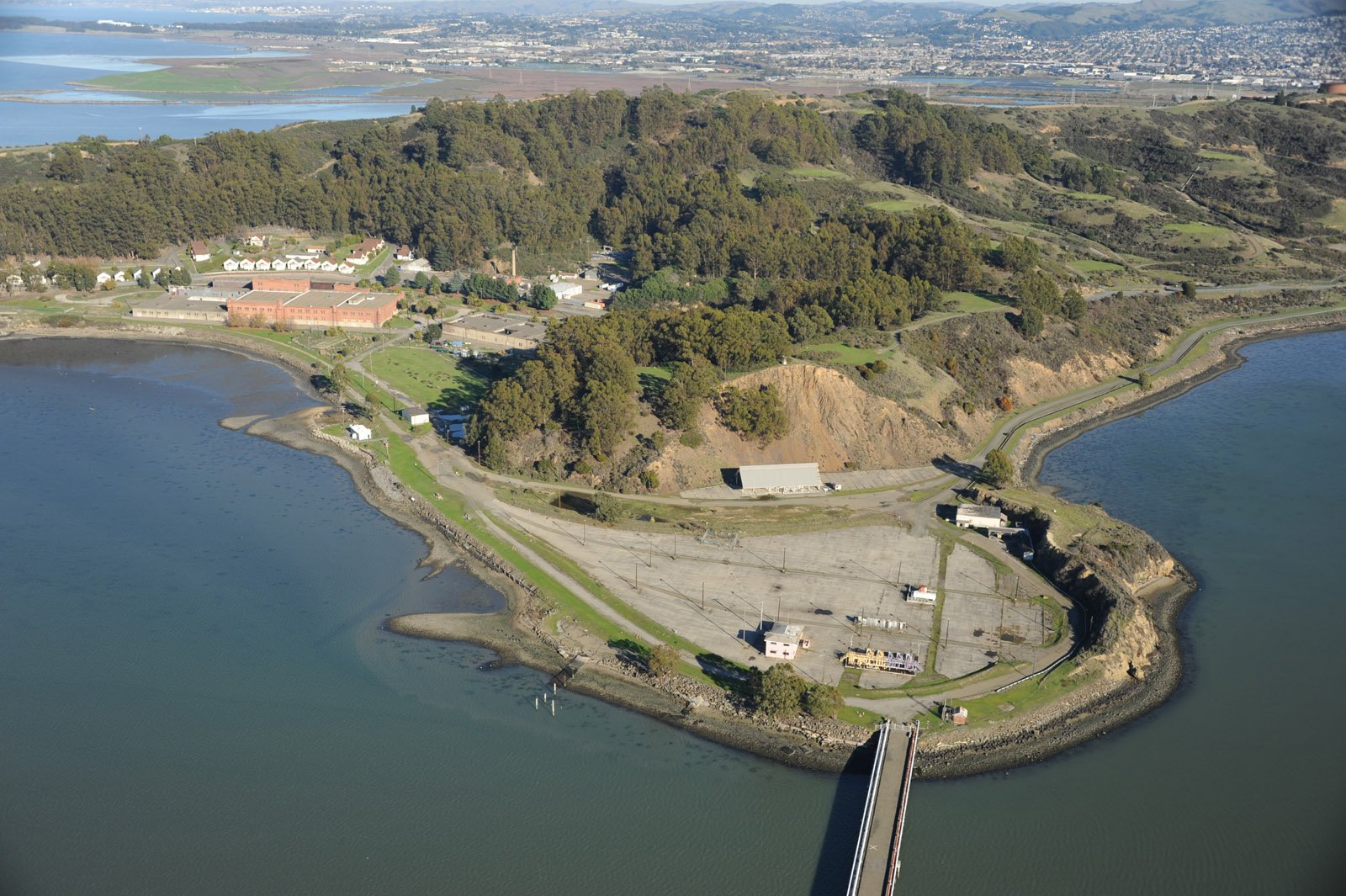Guidiville Rancheria Tribe Loses 14-Year Battle for Richmond, California Casino
Posted on: April 15, 2018, 09:00h.
Last updated on: April 14, 2018, 11:39h.
A federal judge on Thursday permanently quashed a 14-year bid by the by the Guidiville Rancheria Native American tribe to build a $1.2 billion casino on the site of a former US Navy Depot in Richmond, California.

The judge in Oakland officially annihilated the tribe’s casino plan and ruled that it was not entitled to damages from the city that rejected it in 2010 and 2011.
In 2004, the tribe proposed the construction of a casino at Point Molate, Contra Costa County, near the Richmond-San Rafael bridge. The Navy had closed the depot in 1995 and sold the parcel of land to the City of Richmond for $1, which then sought development ideas for the area.
Despite the fact that its reservation is situated 100 miles to the north, in Ukiah, Mendocino County, the Guidiville Ranchera claimed the Point Molate promontory should be transferred to the tribe under the “restored lands” provision of the Indian Gaming Regulatory Act. The tribe said its ancestors had once inhabited the Bay hundreds of years ago.
‘Reservation Shopping’
In 2006, it spent $2 million preparing a report in an attempt to prove its historical claim to the territory.
The report recounted entries in the log of a Spanish ship that landed at the Bay in the 1700s, whose crew was greeted by Indians wearing clothes made of tule grass, resembling the ceremonial dress of the Ohlone, from whom the tribe claim lineage. But casino opponents accused the tribe of “reservation shopping” and Contra Costa County spent over $1 million attempting to disprove the tribe’s historic claim to the land.
It soon changed its tune, however, when it was promised a $12 million a year revenue-sharing deal.
The proposition went to a ballot but was rejected by Richmond voters in 2010 and then by the City Council the following year. But the tribe said it had lost millions pursuing its dream of a casino and sued the city for $750 million in damages.
Richmond’s Plan B
Now, with the litigation officially ended, the city is free to push ahead with its alternative plan for Point Molate. Instead of a Las Vegas-style casino, 670 residential units will be built on the plot, while the Winehaven District – an area of historic winery buildings – will be preserved for future generations.
The tribe will be entitled to some proceeds from the new development under the terms of the agreement.
“We are excited to have ended the litigation so that the public planning process can begin, and we can put that land to good use for the benefit of the entire community,” said Councilwoman Ada Recinos in an official statement.
The Richmond area should be very pleased, as they will know have the opportunity to develop a new project that should be more appealing to area residents and voters alike.
No comments yet